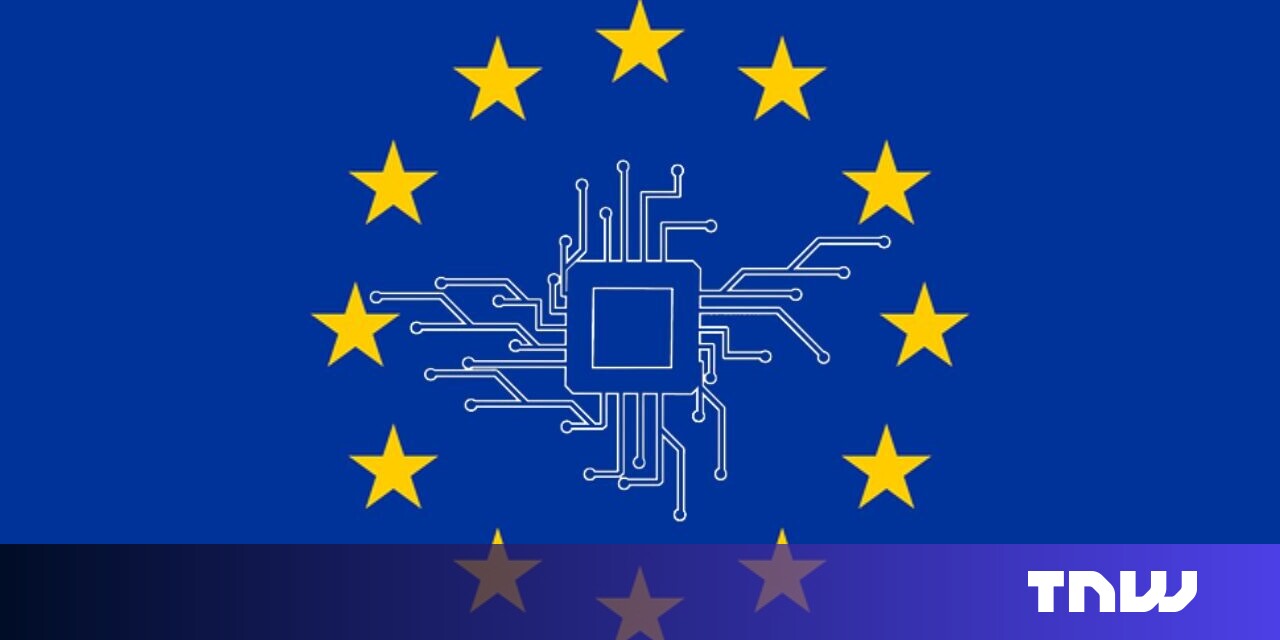On Tuesday, the European Parliament adopted the Chips Act, a landmark law aiming to bolster the bloc’s autonomy and competitiveness in the semiconductor sector.
The act has been in the works for over a year now, but recent developments seem to have sped up the process. Specifically, the announcement comes after China’s recent export controls on gallium and germanium, two metals critical for semiconductor manufacturing.
“The EU Chips Act will be an instrument of technological and industrial leadership for Europe,” tweeted EU Commissioner Thierry Breton.
Chips Act massively adopted! ✅
The EU #ChipsAct will be an instrument of technological and industrial leadership for Europe 🇪🇺
There is no industrial policy without #factories and without #semiconductors.
EU is back! pic.twitter.com/q6iXtI3sYZ
— Thierry Breton (@ThierryBreton) July 11, 2023
The bill has two main objectives. First off, to attract investments in research, innovation, and chip development. Second, to increase production sites within the bloc’s borders and strengthen domestic manufacturing capacity.
Overall, the Chips Act aims to mobilise €43bn in public and private investments, and bring the EU’s share in global production capacity from 10{1652eb1ffa4184925f6a63a9c04ea6b421acb7a78117241e7d4325cdca8339fa} to 20{1652eb1ffa4184925f6a63a9c04ea6b421acb7a78117241e7d4325cdca8339fa} by 2030.
Some measures include fast-tracking permitting procedures, supporting SMEs in the sector, and creating a network of competence centres to address the union’s skills shortage and attract new talent.
Another important component is the implementation of a crisis response mechanism to address supply problems. This will allow the Commission to take emergency measures such as prioritising the supply of products particularly affected by a shortage, or carrying out common purchasing for member states.
During the talks, MEPs also secured €3.3bn for chip research and innovation and backed provisions to bolster international cooperation with strategic partners.
“Europe is prepared to face the future challenges in the semiconductor industry, prioritising strategic autonomy, security, and a favourable business environment,” said rapporteur Dan Rica.
The act is now pending the Council’s endorsement to become law. But its approval by the Parliament represents the bloc’s first response in what’s seen as an escalating chip war between the EU, the US, and China.




